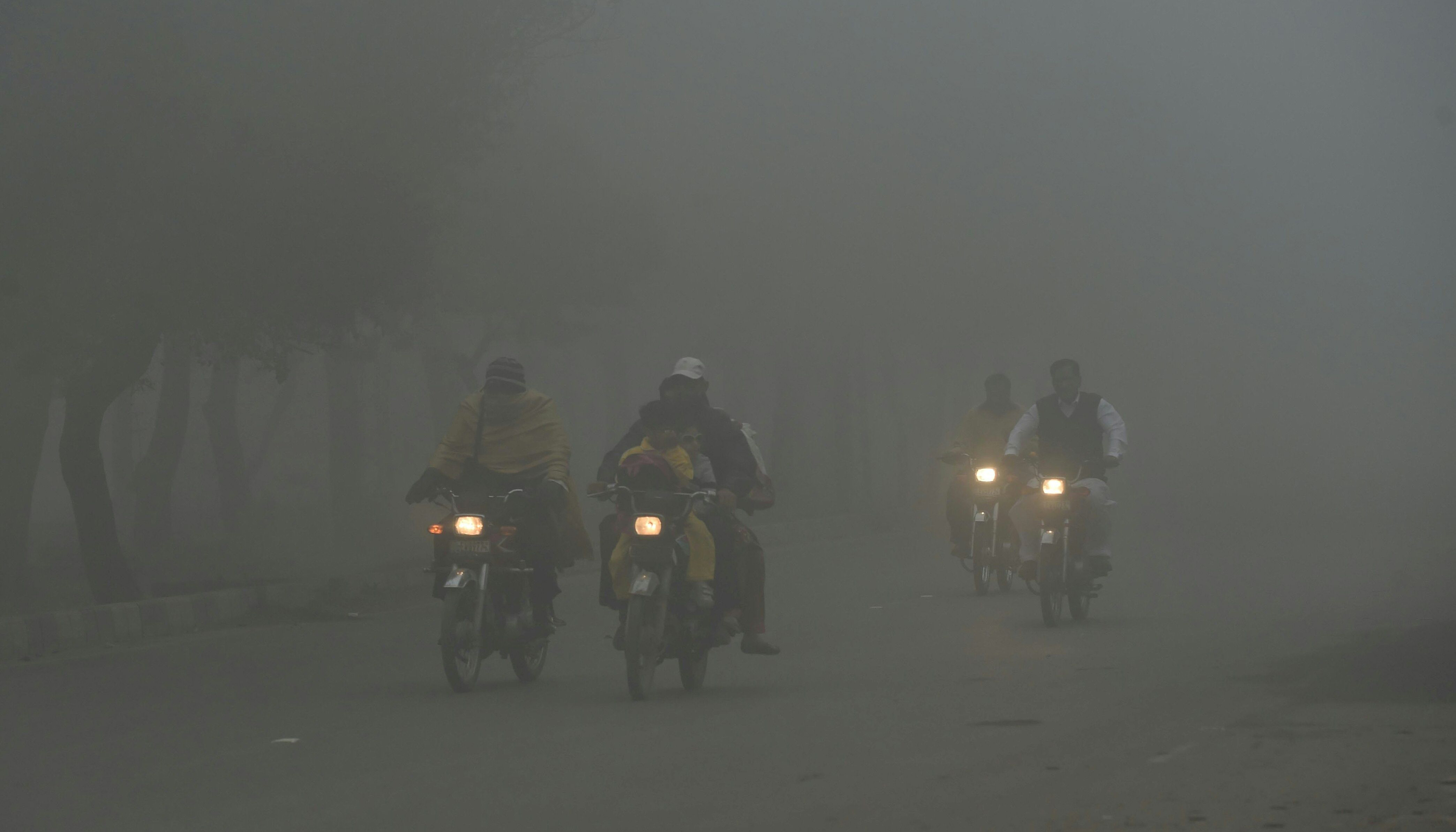Soundbite: India and Pakistan need to talk about air pollution today
November 09, 2017

Smog is not a new problem. It has been recurring in India and Pakistan for the last at least three years now. Policymakers, in both countries, have a good idea about the root causes of the air pollution in their cities.
Now, the Indian side has taken some urgent initiatives to deal with this, such as banning firecrackers during Diwali celebrations and pushing smog-emitting vehicles off the roads and halting construction work. Also, burning crop stubble can lead to FIRs, fines and even jail time in India’s Punjab. Unfortunately, these measures have not been very effective, as is evident these days with the density of the smog.
Our side, on the other hand, has woken up to the crises too late, only acting when there was enough uproar.
The uptick in air pollution is a public health emergency and has been declared so in India. But, for India and Pakistan, it is also an opportunity to put their difference aside and sit together. Pollution knows no boundaries. People already are, and in the future, will be dying on both sides of the border. If we pool in our resources, compare statistics from the air quality monitors, and develop collaborative policy solutions that can be implemented in both Punjabs, we can hammer out a long-term solution to tackle air pollution.
In the long-run simply banning farmers from setting their crops ablaze won’t help. Other solutions should be explored; one could be to subside machines that farmers can use to clear their fields.
Right now, Pakistan is blaming the India side for polluting its air. Maybe when we sit together, face to face, we can be more realistic.
- Hammad Naqi Khan is the CEO/DG WWF-Pakistan











